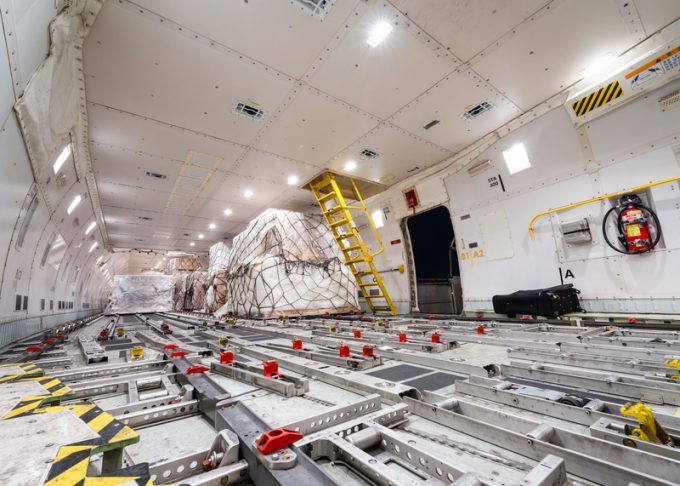Gloomy freight forwarders expect little change in the medium air freight market

Little change is expected in air freight market conditions in the coming months, as weak demand, increased capacity and downward pressure on rates remain dominant, according to two of the largest freight forwarders.
“We expect these same trends to continue in all markets in the third quarter,” said Claude Picettiot, director of air freight at Bolloré Logistics. loadstar.
His counterpart at Geodis, chief forwarding EVP Martin Neuville, added: “At this point, there is no indication of a significant recovery in demand. While we should benefit from a rebound during the end-of-year peak, we don’t expect any real return to growth before 2024 at best.” Conditions The ‘supply’ continues to grow with the impressive increase in capacity provided by returning passenger flights.”
In terms of how the markets performed, in terms of volumes and rates, Mr. Picciotto placed Asia Pacific to MESA (Middle East and South Asia), Asia Pacific to Africa, North America to Africa, North America to MESA as best, North America to Asia Pacific and North America to Asia And the Pacific and North America to Europe the worst.
Nouvel said the trans-Pacific market has been the main beneficiary of the post-Covid demand recovery and that the current downturn was “creating a rather stunning crash effect.”
On the Atlantic, he added, the increase in passenger capacity has “created an imbalance between supply and demand”.
Picciotto noted a 4% increase in healthcare shipments, in contrast to high-tech goods, which fell 15%. E-commerce shipments were up 10%, perishables were down 2%, and double-digit declines were recorded in raw materials (-17%), fashion (-16%), and automobiles (-13%).
Mr Neuville added that with declining demand in traditional retail outlets and improving service quality in ocean freight, “the apparel sector has suffered near disaster”.
In terms of price development, Picciotto claimed that returns on major trades were very close to 2018/19 levels, and sometimes even lower, adding: “Returns are likely to decline as a result of weaker demand and increased capacity.”
Nouvel said that after a period of booming prices, linked to a sharp drop in capacity during the pandemic, returned to normal levels “perhaps a little faster than expected, given the decline in demand.”
He added, “We should see a peak season of the type we saw pre-pandemic, with a seasonal increase in robust demand. However, the sluggish levels of demand we are currently experiencing, coupled with ample supply, should not lead to the extreme hardships we have seen.” In these times in previous years.”
In a first-half operating statement last weekend, parent SNCF said Geodis had boosted profitability — Eitda totaled €589 million — despite the challenging international environment. Revenue showed a decline of 12%, over the same period last year, by around €6 billion – down 20% in the constant range of consolidation and exchange rates.
The global economic downturn has led to lower volumes, the SNCF said, affecting all of Geodis’ activities, an impact particularly noticeable in freight, where air and sea declined by 19% and 14%, respectively.
Earlier this month, Bolloré Group announced that it had agreed to sell 100% of Bolloré Logistics to CMA CGM Group for €4.65 billion. The unit results did not appear in Bollore’s H1 operating statement on July 21.

